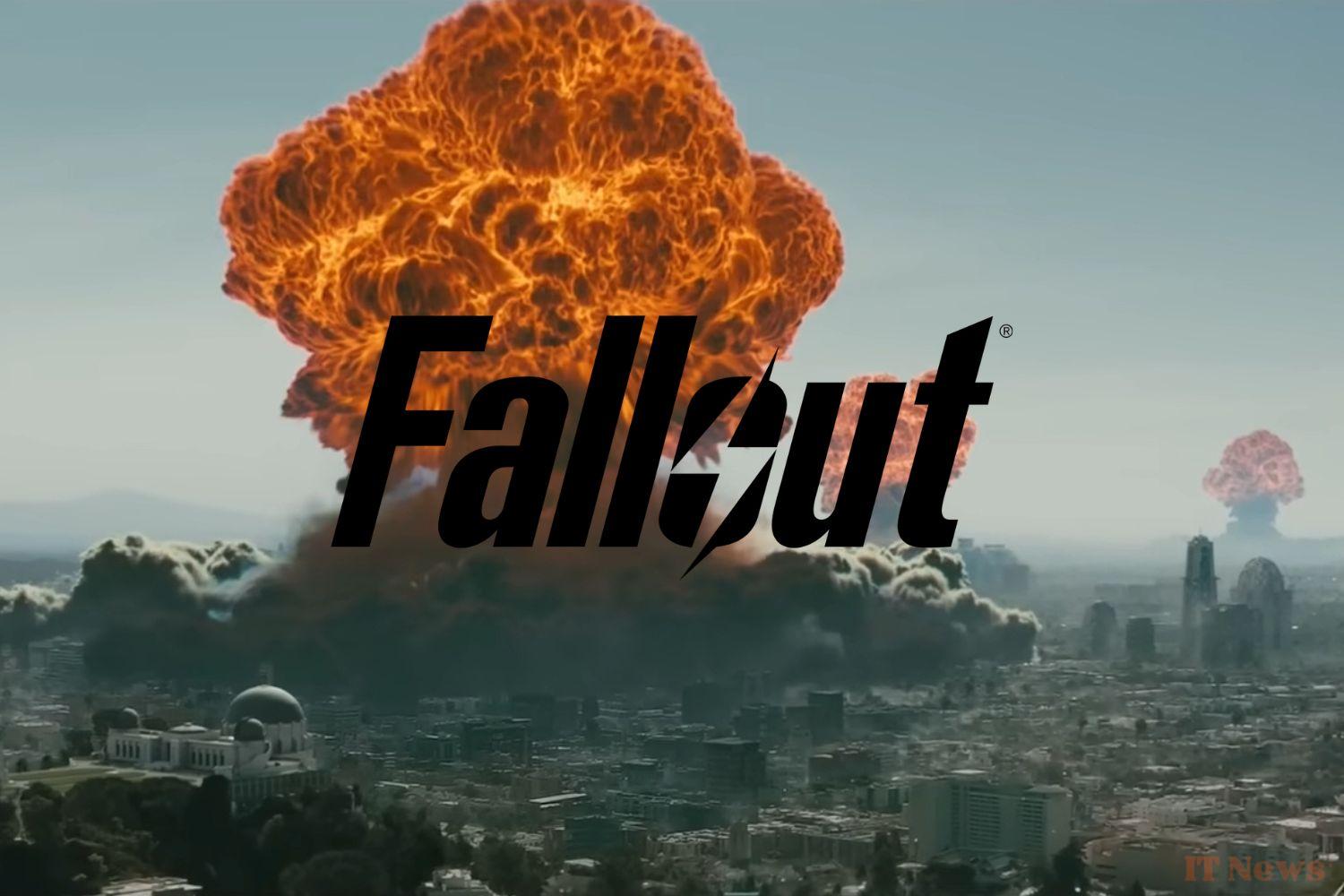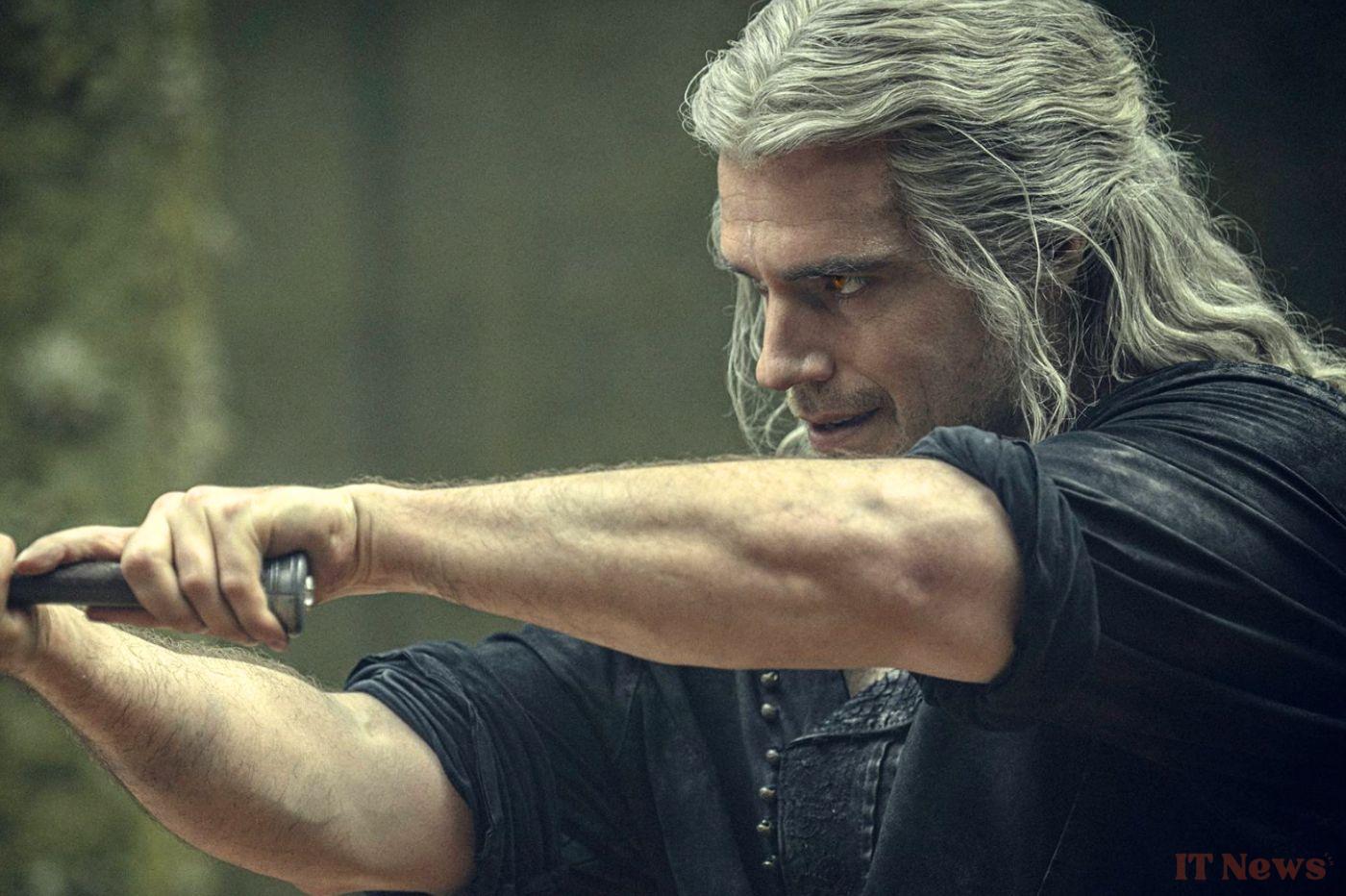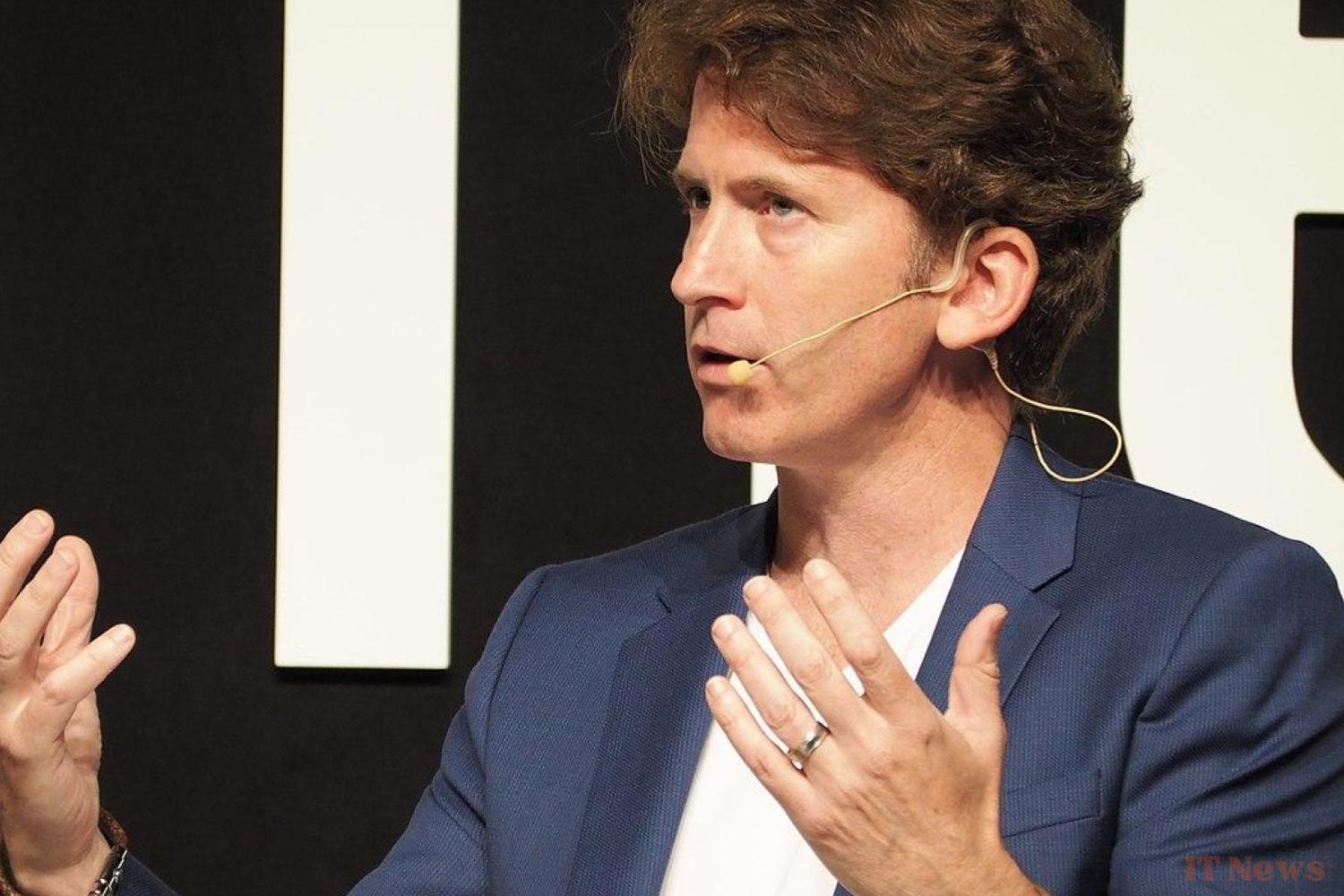Fallout, the series adaptation of the legendary video game series of the same name, is doing really well on Amazon Prime Video. This is both surprising and very encouraging, given that this is far from the norm in this field. In the past, directors have tended to savagely mutilate the source material, producing infamous dumpster fires that neither fans of the seventh art nor gamers liked.
However, even if the series directed by Geneva Robertson-Dworet and Graham Wagner is clearly not perfect, it has at least managed to avoid the pitfalls that its predecessors often fell into headfirst. This is a rare observation that is not due to chance, and from which other directors would do well to draw inspiration; This is why Fallout should serve as a benchmark for future video game adaptations.
A slew of cinematic disasters
The first positive point of the series is that the directors did not pretend to believe that they could completely reinvent the foundations of the saga. A serious mistake that cost dearly other adaptations that became cult for the wrong reasons. The best-known example is undoubtedly Super Mario Bros (1993), which was experienced as a real insult by fans. It must be said that the directors had no qualms about completely transforming the magical and good-natured atmosphere that characterizes the franchise. Instead, they moved the Italian plumber into a dystopian version of New York that felt more like a bad trip—the exact opposite of what fans were expecting.
The other thing that sets Fallout apart is how well its dialogue and story arcs fit with the games’ universe. It’s nothing like the 1994 adaptation of Street Fighter. Despite starring Jean-Claude Van Damme, the film was largely ridiculed for its simply pitiful dialogue, which was clearly written by someone who had absolutely no love for the source material.
And unfortunately, even other directors with a less condescending approach haven’t always managed to capture what made games interesting. One example is the 2008 adaptation of Max Payne; Despite obvious good intentions, the team behind the film had a hard time capturing the dark and mature atmosphere that made the games so successful. The same goes for the 2007 adaptation of Hitman, where all the contradictions and complexity of 47's character were completely overlooked.
Of course, these are mostly films and not series, and it must be admitted that the constraints are not quite the same. But the observation remains the same: there are also a host of adaptations that have all miserably failed to capture the essence of the original work. Monster Hunter (2020), Tekken (2009), Far Cry (2009), Silent Hill: Revelation (2012), or even the mind-blowing House of The Dead (2003), the examples are legion, and we often see the same patterns emerge: lack of coherence with the original work, superficial exploitation of the lore and low-end writing light years away from the stories that the studios behind the games managed to tell.
Nothing like a passionate expert
Now, even if the Fallout series is not perfect, it has at least managed to avoid these pitfalls. We quickly feel that the creators of the series have made a point of honor to remain faithful to the extremely dense lore of the franchise and to transcribe the very particular atmosphere which makes the success of the games, perhaps even more than the adaptation of The Witcher managed to do — another adaptation which was generally rather well received.
Certainly, the latter was first a book before being adapted into a video game by CD Projekt RED. But the two shoots had one thing in common that can easily explain all this: the presence of a person extremely cultured about the universe of the original work. In the case of the Witcher, it was Henry Cavill himself; in addition to his brilliant acting, the ex-Superman is also known for his unconditional love and his deep knowledge of the lore of the franchise. Many anecdotes have emerged on this subject, and the actor's desire to remain faithful to the original work even generated significant tensions on the set. And even though he didn’t have as much control over the final outcome as the writers, the show probably would have been of lower quality without that input.
Now, Fallout took this concept a step further by hiring Todd Howard himself, the head of the Bethesda studio that bought the rights to the franchise after the second game. And this was no small consultancy role, far from it; as executive producer, the Bethesda bigwig was one of the voices that mattered on set. Now, even if fans of the first two games are often very harsh on Bethesda's titles, it is undeniable that Howard knows the lore of Fallout like the back of his hand and that he has a very good command of the narrative and aesthetic codes of the franchise - and it shows!
An approach that must become systematic
Some will probably see it as a flood of fan-service, but it is clear that the creators have made a point of honor to extract the essence of the Fallout universe. And we can say without too much risk that Howard played a central role in this process. And it is on this point in particular that Fallout will have to serve as a reference for future adaptation directors.
Because even if the series is not without its flaws, giving an important place to a person who played a central role in the creation of the works that inspired it represents an indisputable added value, especially when they share the financial responsibility of the project as was the case here.
For our part, we sincerely hope that this approach will become systematic. If more adaptations called on specialists of the original material, and gave them resources as well as a real role in the decision-making process, convincing adaptations might end up becoming the norm... and pushing these infamous turnips insulting to players and indigestible for the rest of the public towards the exit. Fingers crossed!





0 Comments